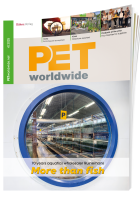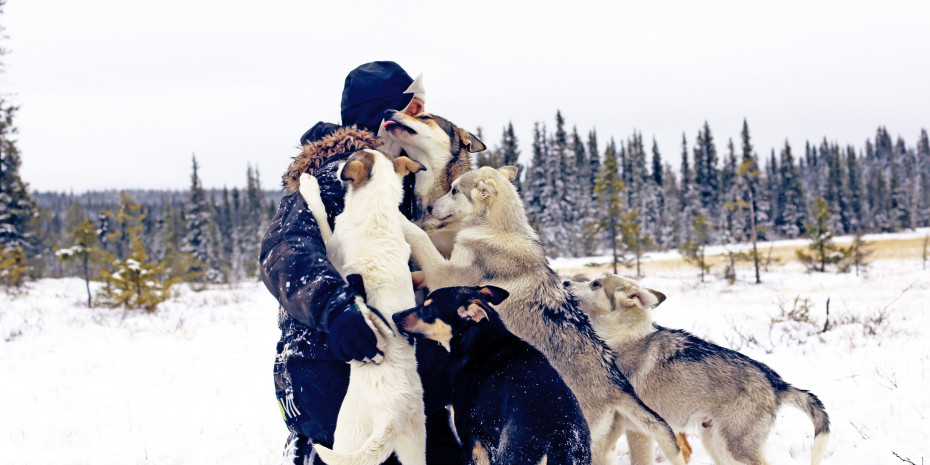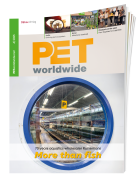Choline is an essential nutrient for dogs which affects healthy brain development, muscle function, heart health, liver function and the nervous system, according to Aker BioMarine. Like humans, dogs can produce choline, but not enough to meet all their bodily requirements. A dietary supplement is vital to avoid choline deficiency.
In 2018, a dog sled team of 20 Alaskan Huskies took part in a six-week trial to investigate if the inclusion of phosphatidylcholine from Antarctic krill can increase the concentration of choline and its metabolites in the plasma of sled dogs. Krill is a crustacean related to shrimp and contains natural choline in the form of phosphatidylcholine.
Commenting on the study, Lena Burri, director of R&D Animal Health and Nutrition, Aker BioMarine, says: "We conducted the study in collaboration with dog sled champion Thomas Waerner, winner of both the Femund and Finnmark race in 2019. Twenty of his high-performing sled dogs were separated into two groups. The first group received 8 per cent of a proprietary krill dietary supplement, while the second team of ten dogs received a control diet without krill."
According to the company, the results demonstrated a significant increase in choline and its metabolites in the group that received the krill supplement compared with the control group. "This is especially interesting for dogs in a long-lasting race setting, when a drop in plasma choline is expected as seen in humans. As choline is important for nerve transmission and muscle function, a decline might negatively affect the performance of these dogs," says Burri. She adds: "Furthermore, the dogs were higher in betaine, a product of choline thought to promote muscle function in humans, and showed significantly reduced homocysteine, an amino acid known to have a negative effect on heart health."

 Menü
Menü








 5/2019
5/2019













 Newsletter
Newsletter